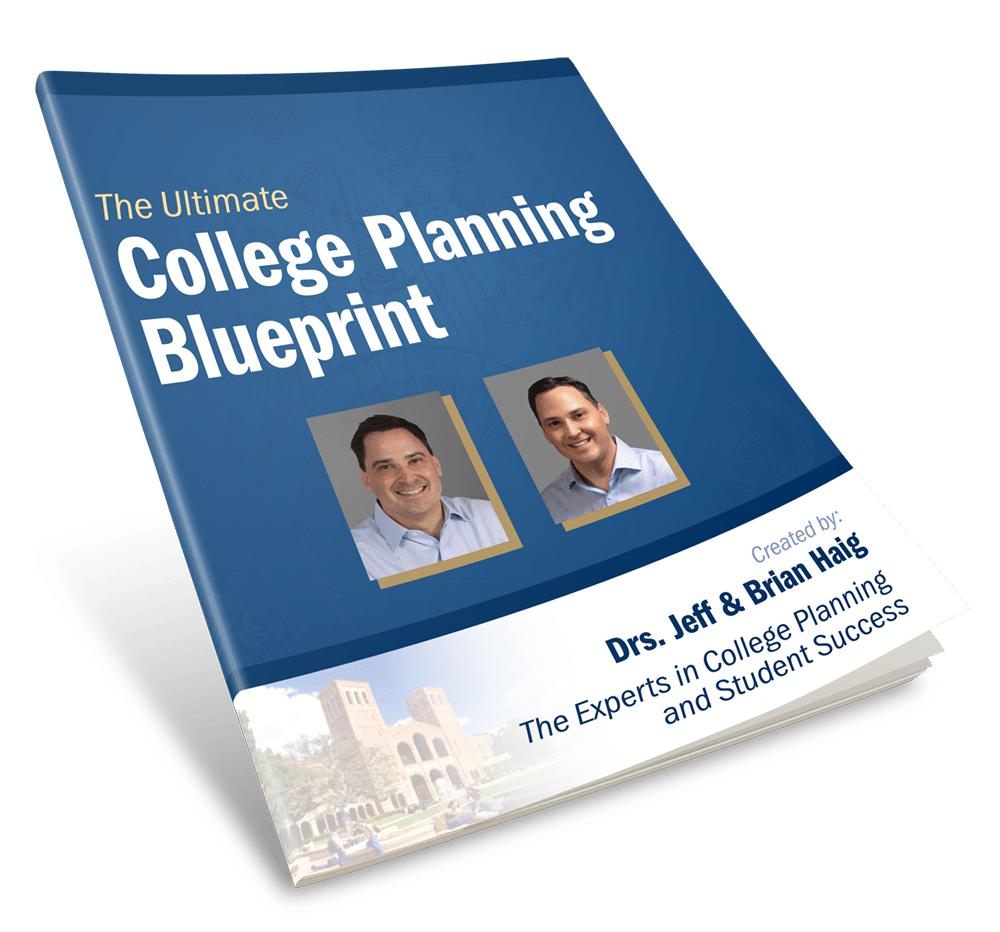
As these novel routines develop, one area that has many students confounded is how to continue to prepare for college admissions. Traditionally, admission criteria have centered on elements such as grades, strength of curriculum, standardized test scores, essays, and extracurricular activities, among others. Even today, in the midst of so much uncertainty, students should continue to focus on each of these measures; however, the way you address each of these areas has likely changed.
Grades will continue to be a critical piece of college admissions although how you are learning and studying has likely changed. Students must learn and implement a variety of new strategies in the areas of time management, self-directed learning, and self-advocacy. For additional student success tips, check out our blog, How to Have a Great School Year.

As schools transition to distance learning and as testing centers close across the country, many colleges have adjusted their admission criteria in response to these changes. Some colleges have temporarily suspended their standardized testing requirement. For example, the University of California has announced that it will not require ACT or SAT test scores for students applying for fall 2021 admission. Does this mean that a student should abandon all test prep? No.
Although some schools have suspended their testing requirements, many have not. Additionally, just because a school is not requiring students to submit test scores doesn’t mean that students shouldn’t. A competitive test score can greatly complement a strong application, even when a school is not requiring students to submit them. Therefore, students should continue their ACT or SAT test preparation through independent study or through tutoring and classes. Many tutoring companies have switched to virtual formats, and students can still get top-quality instruction from the comforts of their own homes.

Continuing to study for current classes and to prepare for standardized tests seems pretty straightforward, but what has many students confused is how to continue their extracurricular activities. Activities beyond the classroom are an important piece of a college application, and there are many benefits of extracurricular activities beyond the college application as well. There are still many ways to participate in activities even while practicing social distancing and adhering to stay-at-home orders. Below you will find a variety of options that can not only provide you with content for your college application but will also encourage you to engage with the world, learn new things, and keep you entertained, all from the confines of your own home.
Here is our list of extracurricular activities you can participate in from home:
- Take a college-level class – Community colleges have many online course offerings and are expected to expand their online selections this summer. Taking a class 100% online allows you to search for classes offered at colleges beyond your local area. A community college class can give you a head-start on your college-level coursework.

- Volunteer – A variety of websites list volunteer opportunities that you can participate in while respecting the need for social distancing. New areas of need are constantly being identified. Whether it is checking on an elderly neighbor, delivering food to those in need, creating hygiene kits for the homeless population, or applying your computer skills to virtual projects, there is a wide range of ways to get involved. Check out California Volunteers or United Nations Volunteers for ideas and opportunities.
- Take an enrichment course – There is a wide variety of courses offered online, and some are completely free. Now is a great time to explore a new interest or to expand your current knowledge of a topic. Coursera, edX, and MasterClass offer a myriad of choices. Art history, scientific research, computer science, photography, nutrition – the choices are endless.
- Find research opportunities – Interested in the STEM fields? Get involved in research! Pioneer Academics is an online research program designed for high school students. At SciStarter you can search for projects that can be conducted solely online. Or get creative, and create your own research project!
- Learn a foreign language – There are many online platforms to learn a new language. Duolingo offers a free app that makes learning a language fun and manageable in bite-size chunks. Duolingo offers over 30 language options, and you can even compare your progress to your friends.

- Visit an art museum – Many world-class museums have made virtual visits possible. The Louvre, The Guggenheim, The Met, The Vatican Museums, and NASA Research Centers are among the many that have online interfaces that are engaging and educational. Pair these museum visits with an online art history class to truly maximize this experience.
- Be creative – There are many other ways to continue to engage with the world around you. As you have time to reflect, think about your interests, and explore how you can expand these interests through a quest for knowledge, through continued practice, or through remote interactions with others. The possibilities are endless.
As we continue to define and create our new normal, it is important to look ahead and plan for life after quarantine. Once stay-at-home orders are lifted, we must be prepared for life to resume. The best way for high school students to do this is to continue to prepare for college through academic pursuits and extracurricular activities. Students who use this time wisely will find their time at home to be enriching, engaging, and productive. As such, they will reap many benefits beyond building their resumes for college applications. They will have developed new skills, expanded their knowledge, and grown as individuals through adaptation, flexibility, and resourcefulness, all important factors for determining future success.
Dr. Jeff Haig, Dr. Brian Haig, and Maya Kelley, MS

